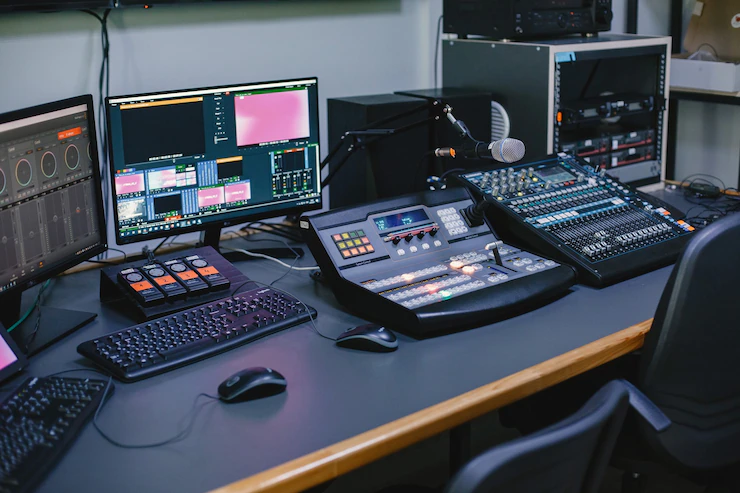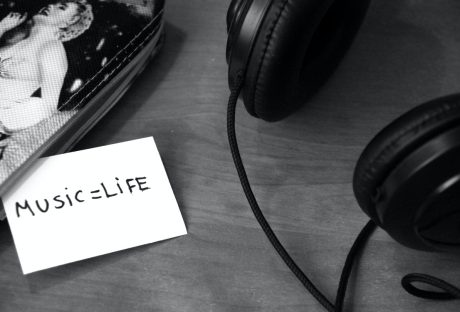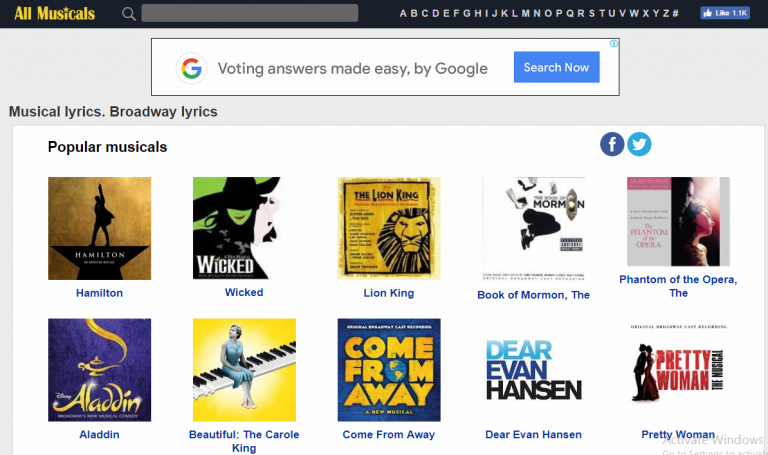If you have ever tried to record your voice, in a studio or at home, you might have realized that the final recording sounds nothing like you thought it would. You do know that you sound great, have heard that you do, and other people have told you the same thing.
So, what happened? The difference is caused by the way we hear sounds; first through the air and then as vibrations that travel through the skill. This combination can muddy how the voice sounds,
Here are a few things you can do to make you sound much better when recording:
1. Practice Beforehand
Recording in a studio can be very intimidating and to cut the tension, a lot of new singers rush things. This rushing can make you sound a lot worse than you did at home. The best way to overcome these feelings is to practice a lot.
When practicing, record everything and listen back to it. Doing so allows you to correct anything you do not like. It also helps you establish the right key for the type of song you are recording and to work on any vocal range issues that come up.
Once you have the song and the vocal technique down, recording in a studio will be easier, and you will not have to do too many takes.
You will also know the melody and lyrics so well that singing in front of people will not feel intimidating as you will know exactly what you need to do.
Many recording studios offer rehearsal spaces to hire too. This is something that the Los Angeles recording studio PIRATE offers for anybody who wants to get some extra hours in before jumping straight into a recording session.
2. Check Your Posture
Posture is so important when recording. Slight movements and posture can distort the recording as the microphone in the studio will be very sensitive.
The correct posture requires that you start by relaxing your whole body. Any tension, especially in the abdomen, can interfere with your ability to sing.
Next, stand with your legs slightly apart with one foot slightly forward. This stance gives you stability while ensuring you are leaning slightly forward. Straighten your back and ensure your chin is parallel to the floor.
3. Select the Right Microphone
The microphone makes a massive difference depending on the type of singer you are. Before you start recording, run through some verses using different microphones.
You should record three versions of the song without changing the EQ setting and listen back. You will then be able to choose the microphone that makes you sound best.
Always choose a recording studio with a condenser microphone. The diaphragms in these microphones are extremely light meaning they follow soundwaves better than dynamic microphones.
The other reason why a recording studio might use a condenser microphone is that it has a much higher sensitivity which is great for lower sounds, and a lot less noise than traditional dynamic microphones.
A reputable studio will also use a curtained booth to stop interference when recording vocals and ensure crispier recordings.
4. Practice Your Microphone Technique
You should also know how to use the microphone you choose correctly. One of the things you should know is the microphone volume control. This involves moving close to the microphone when your voice becomes software and further if it gets loud.
Doing so ensures you record at a decent volume for both loud and soft parts which reduces the need for a lot of compressions when mixing.
Second, you should learn how to avoid sibilance and popping. Sibilance is the hissing you hear when you make an F or S sound.
Popping happens as you pronounce B’s and P’s because these sounds create bursts of air as they are pronounced. You can avoid both of these issues by adjusting the distance and angle from the microphone.
Lastly, you should avoid getting breathing sounds in your recording. This is done by using a pop filter and moving your head to the side and out of the way when taking a breath. If you do not do this, the breath sound will need to be edited out later.
Related Resource: Want to Learn How to Learn How to Play an Instrument? Here’s What Every Beginner Should Know
5. Put Emotion in Your Songs
Music is meant to move your listeners while also helping them connect with the song. The best way to achieve both of these is to add emotion to your song.
To do this, ensure you are communicating the lyrics and not just singing them. Use emotion to make your audience understand what you mean in each line.
Remember that the emotions you add to the song will depend on the lyrics and the type of song you are doing. If you have a hard time adding the correct emotion to a song, talk to a producer and they will get you on the right track.
Mistakes happen all the time when recording, and you might end up sounding nothing like you expected. Following the tips above and practicing would help you see a noticeable difference in the quality of your recordings.
Read Also:
























